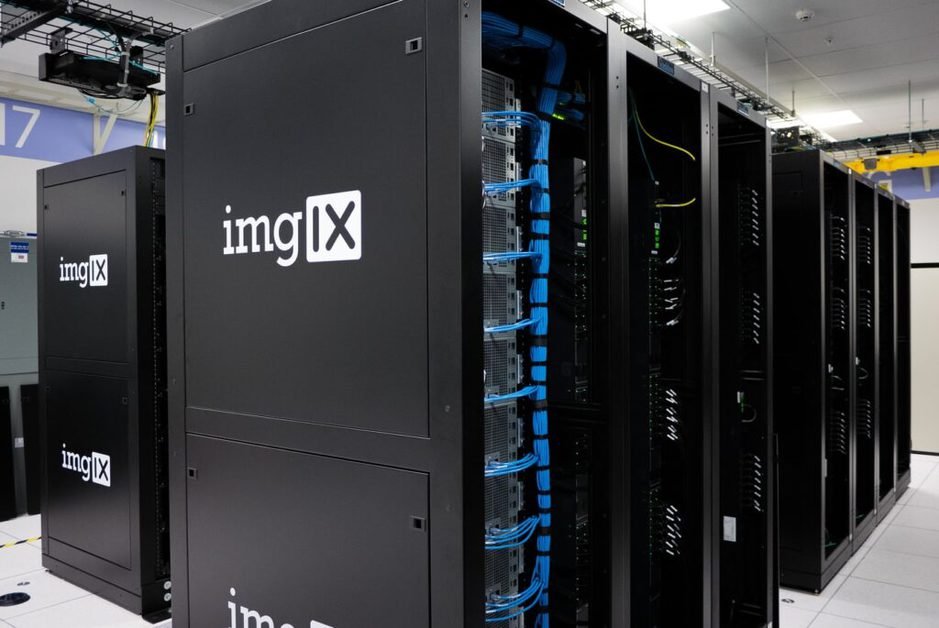A recent study by HSBC revealed that around $5.1 trillion is moved around the world each day. From a small transaction on Etsy to major investments bridging continents, online security is a number one priority for consumers and merchants worldwide.
As technology continues to develop at an unbelievable pace, the measures used to ensure secure transactions and data transfer must constantly evolve to meet demands. For certain industries, security isn’t just an important consideration—it’s the foundation of most companies.
For example, the online casino industry is enjoying a worldwide boom right now. By 2023, the market is expected to reach around $59 billion globally. On the ground, in-person casinos provide some of the most trusted security measures in the world.
Online, casinos take security as a foundational basis that their suite of games and user interface is based on. After all, most companies fear that hacking may compromise the security of client information or internal financial records… but an online casino grapples with heightened financial and data-related risks, as well as a slew of legal regulations
For this reason, cyber defenses for online casinos aren’t just a way to provide users with a measure of comfort. They’re helping to spearhead cyber defense technology by partnering with top defense companies.
Reputation Controls
One primary concern for all major brands is reputation controls. In addition to popular gaming companies like PokerStars, brands like Deloitte and tech giants like Apple use reputation controls to protect their sites and users. Independent security companies comb through data to weed out foreign requests so that when it’s time to download the platform, peruse through special win offers, or cash out, the experience is safe and seamless.
For most industries, reputation control relates to cleaning up bad press. This takes place on a digital level when unrelated files attempt to corrupt a platform and render it useless by disguising themselves as part of the system.
Preventing DoS
Reputation controls are one way to prevent a Denial of Service notice. A DoS often accompanies a downed server, which means a site no longer works for a certain period. To prevent these disruptions, online casinos build security measures that prevent volumetric attacks that overload servers and application-layer attacks that target the operating system.
To prevent these types of shutdowns, companies often devise specific DoS Response Plans. At the moment, even top security firms can’t guarantee that a DoS won’t happen. Instead, they create detailed plans that include systems checklists and notification procedures for users.
Firewalls, VPNs, anti-spam, and load balancing are all standard layers of a DoS defense. Additionally, companies will hire third-party groups to overview their network architecture. In some cases, an online casino may hire another group to attempt to overload their server in a staged DoS maneuver to be sure it can’t be done.

Securing Online Transactions
For online casinos, online transactions must be protected from external and internal threats. In brick-and-mortar casinos, internal security helps guarantee that employees don’t have access to sensitive information from clients or access to finances within the casino itself.
At the same time, casinos must secure themselves from those there to game. For this reason, securing transactions is a multi-step affair that begins with the casino itself. Third-party banking platforms allow a casino to closely monitor and report its finances to appropriate institutions, like legal bodies and its own executive branches.
Similar platforms are also used to closely monitor how money moves from a client’s bank into the casino bank. However, these platforms are usually separate. In other words, one platform monitors what comes into the casino and what is paid out through the casino to and from clients.
On another level, third-party platforms monitor how digital money circulates in the casino bank and is paid out to employees, executives, and then documented for legal purposes. By separating these sectors, a higher degree of defense is guaranteed.
At the moment, some online casinos are switching to a blockchain format. Blockchain is a way of storing information in a non-corruptible file. This offers the highest degree of information security that can be found online today.










Leave a Reply